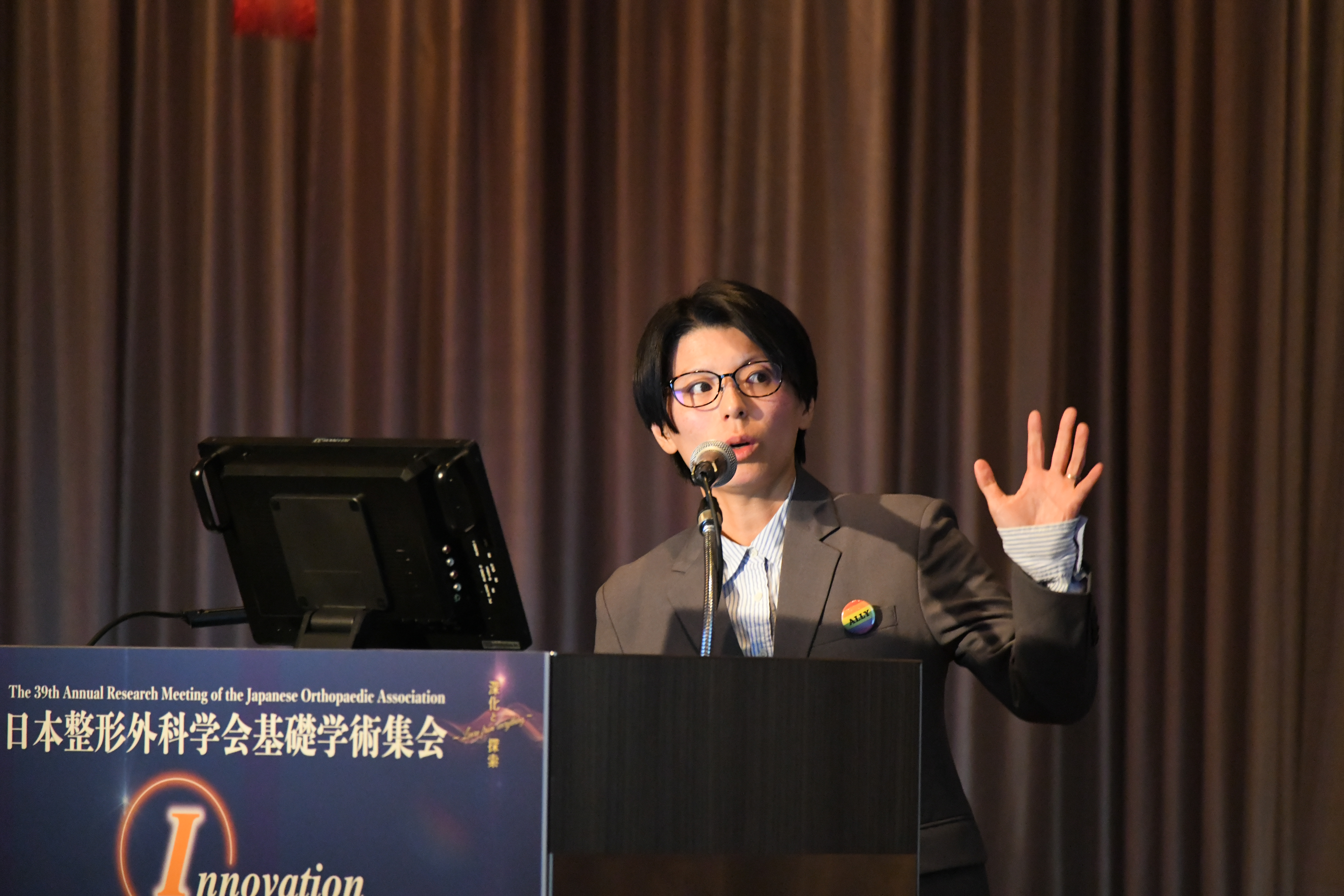New Lakeland Lecture to Focus on Diversity and Human Rights in Japan
On Thursday, January 16, at 7pm, we hope you can join us here at LUJ for our first Lakeland Lecture of 2025. Our guest speaker, physician Dr. Eriko Yoshida, will give a talk titled "Diversity and Human Rights in Japan: The View of a Japanese LGBTQ+ Activist." Dr. Yoshida's research focuses on medical education specific to the LGBTQ community. Dr. Yoshida and her colleagues have released a new book, published by Japanese Nursing Association Publishing Company (May 2024), and it is an important co-authored Q and A collection exploring LGBTQ medical care and awareness.
See our poster below for more information about Dr. Yoshida's Lakeland Lecture.
We had a chance to correspond with Dr. Yoshida and ask her a few questions related to her research and upcoming lecture.
How would you say Japan is culturally different than North America in terms of LGBTQ culture?
I don't know if this is an answer to the question of “cultural differences,” but compared to North America, there is a major characteristic of LGBTQ people not being visible in Japan because it is quite difficult to come out.
Why is that?
I think that Japanese people like harmony and don't like it when some people stand out. For this reason, I think that people tend to feel afraid that their coming out will disrupt the harmony with the people around them. In fact, I often hear comments like “private matters like sexual orientation shouldn't be talked about in public." Also, because we have not been fully educated about human rights, we are not used to speaking out about our rights.
In Japan, there has been no movement to create laws that would significantly undermine the rights of LGBTQ people. I think this is also partly because there has been no need to come out and fight. For example, in San Francisco, there is a history of gay people speaking out and fighting against proposals that would prevent gay people from becoming public school teachers.
What I want to convey most in this lecture is that the root of the problem is the lack of education on human rights in Japan.
You're a physician and have experienced differences in healthcare and policy issues regarding the LGBTQ community. Could you tell us a bit more about that?
I think that the lack of laws prohibiting discrimination based on diverse sexual orientation and gender identity, as well as the fact that same-sex marriage is not recognized, has a significant impact on healthcare. For example, currently, depending on the judgment of each medical institution, there are cases where same-sex partners are not allowed to be present at the time of death because they are not legally related to the patient. If these laws were enacted, I think that discriminatory treatment in medical settings would improve.
In addition, transgender people were required to have gonadectomy surgery when changing their legal gender on their family register until the Supreme Court ruled in October 2023 that this was a violation of the constitution. Policies have a significant impact on the health and lives of LGBTQ people.
When discussing the gender gap here in Japan, would you say the situation has improved in the last 25 years, remained the same, or gotten worse? How so?
I think there are some areas that have improved and some that have not. For example, the rate of female student university enrollment has increased, and the gap between men and women in terms of education is improving. However, when it comes to politics, the ratio of female members of parliament remains very low compared to other countries.
Lakeland Lectures was founded in 2008 and is currently run by Professor Roger Grabowski. To ask about the lecture series, email him here: grabowski@japan.lakeland.edu
Follow LUJ on Instagram
